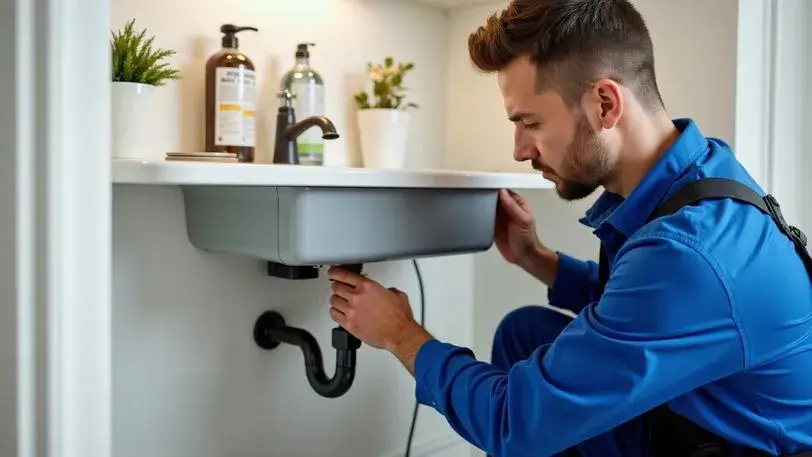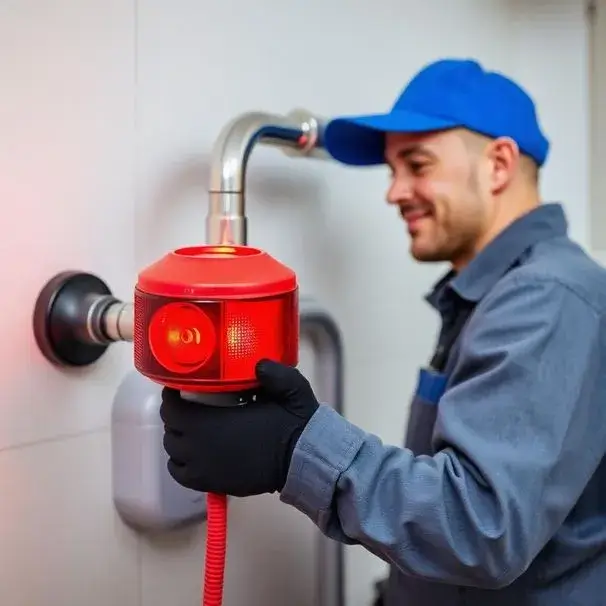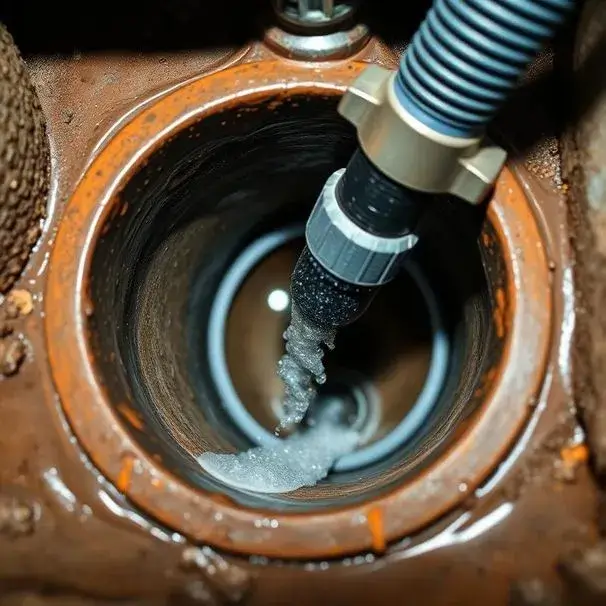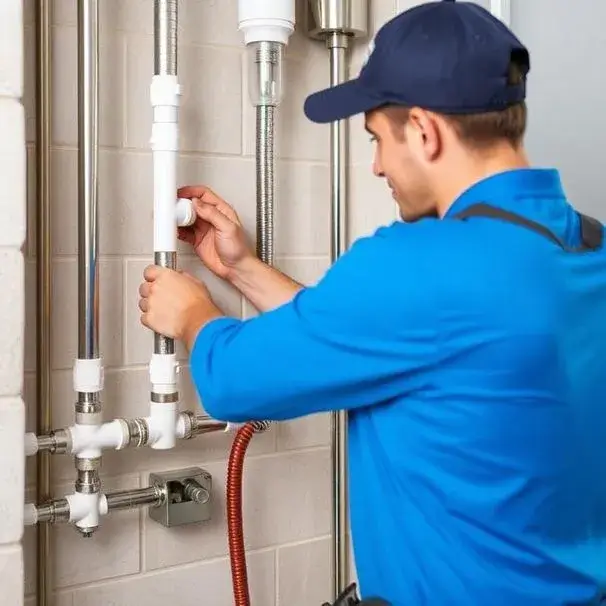Professional Plumbing Services
Expert Plumbing Solutions You Can Trust
24/7 Emergency Repairs • Reliable Service • Licensed & Insured
Our highly experienced plumbing technicians will quickly diagnose and solve your plumbing issues. We offer reliable repair, replacement, and installation services for a wide variety of plumbing systems and components.

Licensed & Insured
Fully certified professionals
24/7 Availability
Emergency service anytime
Experienced Team
Years of expertise
Quality Work
Satisfaction guaranteed
Our Plumbing Services
From emergency repairs to complete installations, we provide comprehensive plumbing services for your home or business.
Frequently Asked Questions
Find answers to common questions about our plumbing services
We provide residential and commercial plumbing services including emergency repairs, leak detection and repair, drain cleaning and hydro-jetting, sewer line inspection and repair, water heater repair and installation (tank and tankless), fixture replacement, garbage disposal service, and repiping/replacement work.
Yes — emergency plumbing is available 24/7 for issues like burst pipes, major leaks, sewer backups, and no hot water; use the contact options on this landing page to request immediate dispatch and an expedited response.
Yes — technicians are licensed, background-checked, and carry liability insurance; you can request proof of licensing and insurance before work begins.
Pricing depends on the type of service, parts required, labor time, travel and any emergency or after-hours fees; the technician will provide a written estimate and explain costs before starting non-emergency work.
Shut off the main water supply if it’s safe to do so, turn off electricity in affected areas if water is near outlets, move valuables away from the leak, contain water with buckets or towels, and contact emergency plumbing service immediately.
Yes — we diagnose water heater problems, perform repairs, and install or replace both traditional tank and tankless systems; installations follow local code and manufacturers’ guidelines and may require permits.
Low pressure can be caused by mineral buildup in aerators and valves, partially closed shutoff valves, leaking or corroded pipes, or a failing pressure regulator; solutions range from cleaning or replacing fixtures to repairing or repiping sections of the supply line after a professional diagnosis.
Yes — we offer camera inspections to locate blockages or damage, hydro-jetting for severe clogs, and repair or trenchless replacement options when the sewer line is compromised; large repairs may require permits and coordination with local authorities.
Yes — routine maintenance options such as annual inspections, drain cleanings, water heater flushing, and priority scheduling are available to reduce emergency breakdowns and extend equipment life.
Yes — labor is covered by a workmanship warranty and installed parts carry manufacturer warranties when applicable; warranty terms vary by service and will be provided in writing with your estimate.
Need Plumbing Services Right Now?
Our team is standing by 24/7 to help with your plumbing emergency
Call Now: +1-844-578-2593

